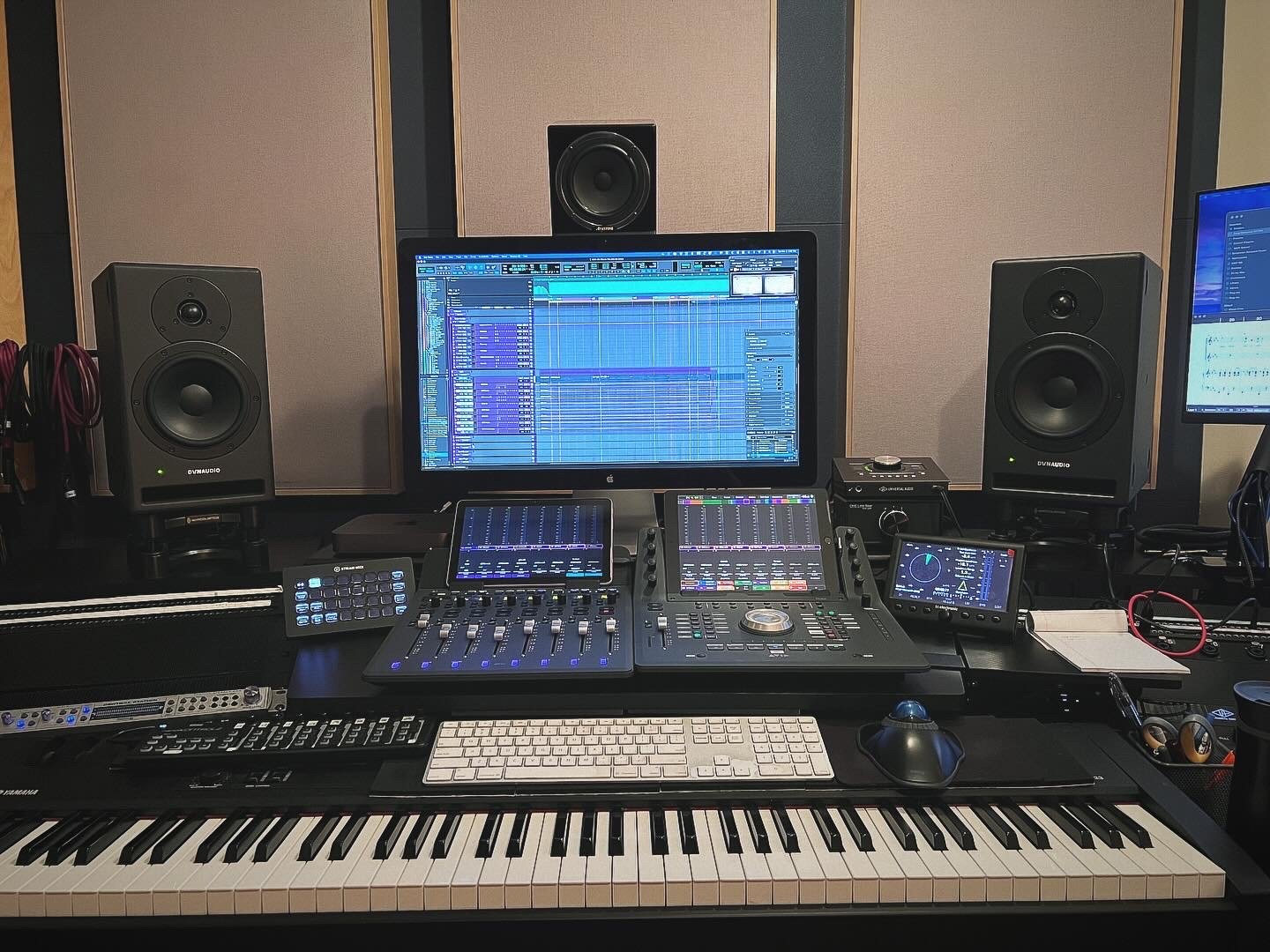Start with Sound
What if your orchestrator wasn’t the last one brought in — but the first one you called?
“That simple shift — in timing, in intention — is at the heart of why I started Arrival Arts Initiative and built Studio Origin.”
Studio Origin -
creative space in action.
In most productions, orchestrators come in late. By the time we’re called, the songs are written, the structures are locked, and the schedule is tight. The task, typically, is to color in the edges — to give shape and style to something that’s already built.
And while that role can be creative and fulfilling, it also misses a huge opportunity.
“Orchestrators don’t just add polish — we shape the emotional arc of a piece.”
Because orchestrators don’t just add polish. We help shape the emotional arc of a song. We build the transitions that carry the audience. We make musical choices that affect character, pacing, clarity, and momentum. And we do our best work not when we’re brought in late, but when we’re part of the process from the beginning.
That belief is what led me to create Arrival Arts Initiative, and to build Studio Origin as its creative home.
Inside the process –
from sketch to sound
Over the course of my career, I’ve worked as an arranger, orchestrator, music supervisor, and producer — sometimes juggling multiple roles at once. What I’ve found is that the most impactful work happens when I’m involved early: helping songs land in the story, guiding arrangements, building demos that carry intention and craft. I also create pre-records that can travel — into workshops, readings, even final productions — and I stay with the project through orchestrations, rehearsals, and recording to make sure the sound remains connected to the soul of the piece.
“Arrival and Studio Origin are new — but the work isn’t.”
This space simply gives that work a home. A place where story and sound can evolve side by side. A space where artists can slow down, take risks, and shape their projects with clarity and care.

